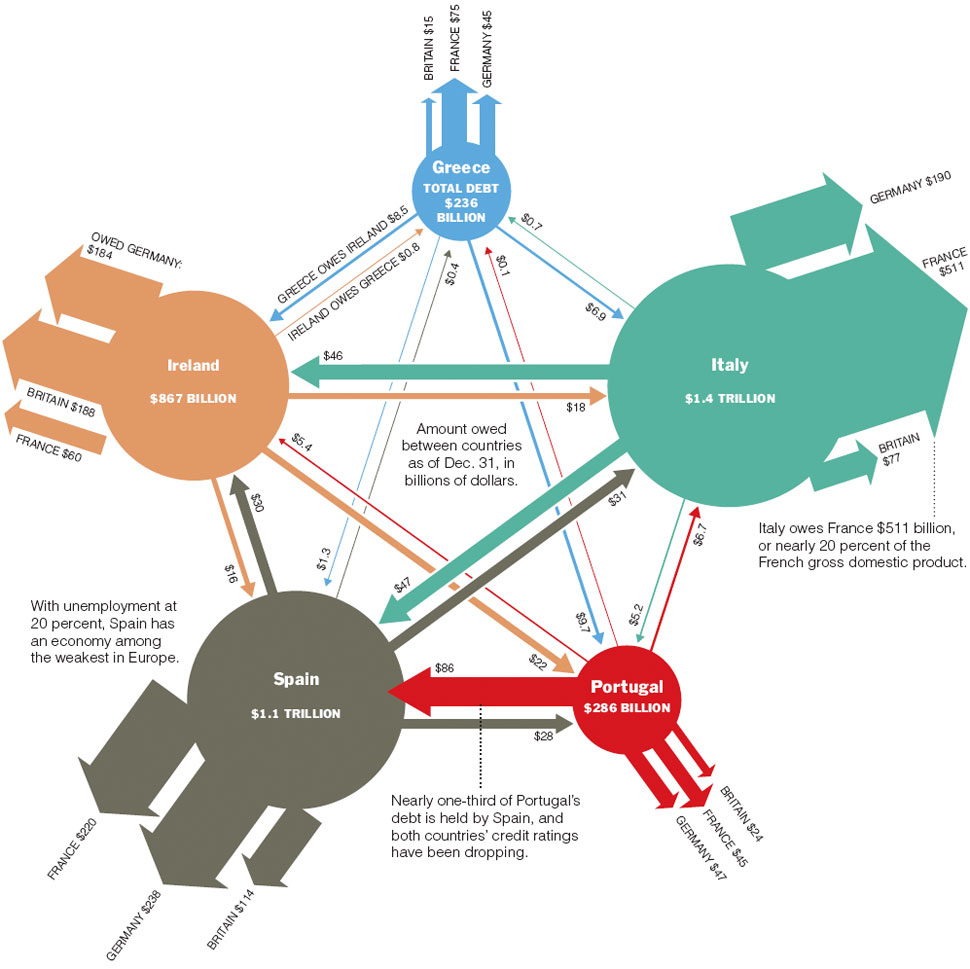I apologise for giving the impression that you stated this specifically. The implication however is clear.
as admitted.
While you may be around for a long time your experience would seem to be limited to Australia? Other countries have seen substantial falls in real estate prices in your lifetime and have also seen substantial falls in wages in real terms. Are you denying that this could ever be a possibility in Australia? i.e. are you of the view that 'Australia is different'?
we can't discuss other countries with great depth because only a handful of forumites have lived in other countries. Australia is VERY different to the rest of the world - ALWAYS has been - but that said ANYTHING is possible.
as an LL, i will ALWAYS try to squeeze the market for a little more. and as more and more squeeze happens, we see rent rises. as rents rise, union memeber complain they're not getting enough money. so wages rise. more rent rises. investors notice better yields and buy. higerh wages means more spending.
we have unions in this country that force feed our real estate growth.
i guess they're good for something, at least....

